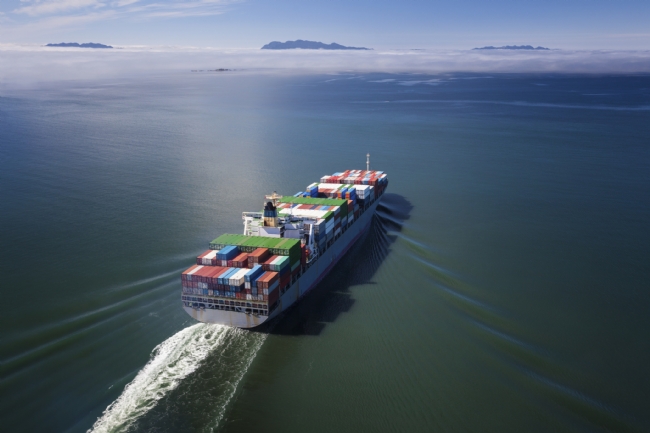Changing Course
Share this blog
Latest Maritime Vacancies
Global HR Director – Europe
Claims & Insurance Manager (Part-time) – London
Legal Counsel (Marine Operations) – London
Insurance Executive – Singapore
Operational and Commercial Pricing Analyst- London
To sail or not to sail?

Spinnaker Global's Matthew Holman (pictured right) guest-writes for us on whether or not superintendents should have gone to sea.
Two weeks ago, over a hundred shipping HR professionals from around the world gathered at the Spinnaker Maritime HR conference in London. One of the many interesting things I took from the conference was the following statistic from a poll that was conducted among the attendees: 63% of attendees said:
"It is not necessary for superintendents to be former captains or engineers."
I was surprised at this. Nearly two thirds don't think that senior level sailing experience is required to be a successful Technical or Marine Superintendent. This seems to go against every Superintendent position I have recruited for, in the UK, the US or elsewhere in the world. For a typical Technical Superintendent vacancy, the candidate is required to have sailed as Chief engineer, or at least to second. For a Marine or Safety Superintendent role, the requirement is that candidates have sailed as Master or at least Chief officer. So why then do HR professionals not believe this to be the case?
There could be a disparity between what the HR manager believes is required, and what the line manager believes is required. For the HR manager, maybe management experience or leadership experience is more important than sea time. For the line manager, perhaps hands on sailing experience and sea time is more important than just qualifications. Do Superintendents with no sailing experience lack the hands on, practical knowledge that can only have been gained from years of sea time? Do experienced seafarers lack the management skills needed to be effective within large shipping organisations?
There is also, of course, an issue of cost. It is cheaper to hire a non seafarer than an experienced seafarer as, for example, an Assistant Superintendent and train them up on the job, at a sacrifice to the seafaring experience. Typically this role involves taking on the administrative side of the job before progressing. This is all at a time when cost cutting and efficiency are the buzzwords of the industry and all extra cost is being scrutinised.
There are of course advantages and disadvantages on both sides. Training and qualifications can never replace the knowledge and experience that a seasoned mariner can bring. A seafarer doesn't just know the rules and regulations of the sea, they have experienced the problems first hand and know how crew think and feel. They have been on the other end of the phone to a Superintendent. On the other hand, a non seafarer is not restricted or bias in their views and can bring fresh ideas and ways of doing things to the table. They are more prepared for the shore based office environment and still possess the theoretical knowledge needed to do the job.
As ever, I'm interested to know what people think. Do crew respect a non seafaring Superintendent as much as one that has sailed? Does it bring other problems? Is this another area where safety is being sacrificed for cost savings? Let me know your thoughts in the comments below.
To find out more about the Spinnaker Global HR Consulting, visit www.hrc.spinnaker-global.com
To find out more about the shore based roles we handle in the US, please visit www.jobs.spinnaker-global.com/northamerica.